The field of physiotherapy has experienced a transformative evolution over the past few years, driven by groundbreaking innovations and rigorous research. These advancements have not only refined traditional treatment methods but also introduced novel approaches that significantly enhance patient outcomes. In this comprehensive blog, we will explore the most recent innovations in physiotherapy practice and …
The field of physiotherapy has experienced a transformative evolution over the past few years, driven by groundbreaking innovations and rigorous research. These advancements have not only refined traditional treatment methods but also introduced novel approaches that significantly enhance patient outcomes. In this comprehensive blog, we will explore the most recent innovations in physiotherapy practice and research, shedding light on how these developments are revolutionizing patient care.
Technological Advancements in Physiotherapy Practice and Research
Wearable Technology and Tele-rehabilitation
One of the most significant technological advancements in physiotherapy practice is the integration of wearable technology and tele-rehabilitation. Wearable devices, such as smartwatches and fitness trackers, are now equipped with sophisticated sensors that monitor a range of physiological parameters. These devices enable physiotherapists to track patients’ progress in real-time, offering valuable data that can be used to tailor rehabilitation programs.
Tele-rehabilitation, on the other hand, has become a crucial tool, especially highlighted during the COVID-19 pandemic. This approach allows patients to receive expert guidance and conduct their rehabilitation exercises from the comfort of their homes. Virtual consultations and remote monitoring ensure that patients continue their recovery process without interruptions, providing a seamless and effective treatment experience.
Robotics and Automated Rehabilitation Systems
Robotics has found a promising application in physiotherapy, particularly in the rehabilitation of patients with neurological impairments. Robotic exoskeletons and automated rehabilitation systems are designed to assist patients in performing repetitive movements with precise control. These devices enhance motor learning and neuroplasticity, crucial for recovering lost motor functions.
Robotic therapy has shown exceptional results in stroke rehabilitation, spinal cord injuries, and other neurological disorders. By providing consistent and controlled movements, these robotic systems help in reducing the workload on physiotherapists while delivering high-quality care to patients.
Innovations in Physiotherapy Techniques

Virtual Reality (VR) and Augmented Reality (AR)
Virtual Reality (VR) and Augmented Reality (AR) have opened new frontiers in physiotherapy practice. VR provides an immersive environment where patients can engage in therapeutic exercises designed to improve balance, coordination, and motor skills. The gamification of rehabilitation exercises through VR not only enhances patient motivation but also ensures adherence to rehabilitation protocols.
Augmented Reality (AR), on the other hand, overlays digital information onto the real world, providing real-time feedback and guidance during exercises. This technology is particularly beneficial for home-based rehabilitation, where patients can perform exercises accurately without the need for constant supervision.
Hydrotherapy and Aquatic Exercise Innovations
Hydrotherapy has long been a staple in physiotherapy, but recent innovations have significantly enhanced its effectiveness. The development of advanced aquatic exercise equipment, such as underwater treadmills and resistance jets, allows for a more controlled and customizable exercise environment. These innovations enable patients to perform a wider range of exercises with reduced joint stress, making hydrotherapy an ideal option for individuals with arthritis, post-surgical recovery, and chronic pain conditions.
Advancements in Physiotherapy Research

Genomics and Personalized Rehabilitation
The advent of genomics in physiotherapy research has paved the way for personalized rehabilitation programs. By analyzing a patient’s genetic profile, physiotherapists can gain insights into their predisposition to certain conditions, response to different types of exercises, and potential recovery trajectories. This personalized approach ensures that rehabilitation programs are tailored to the unique needs of each patient, maximizing their recovery potential.
Genomic research is also contributing to the understanding of how various genetic factors influence musculoskeletal health, pain perception, and injury risk. These insights are invaluable in developing preventive strategies and optimizing treatment plans.
Biomechanics and Movement Analysis
Advancements in biomechanics and movement analysis have revolutionized the assessment and treatment of musculoskeletal disorders. High-speed cameras, motion capture systems, and pressure sensors are now commonly used to analyze gait, posture, and movement patterns with exceptional precision. This data-driven approach allows physiotherapists to identify the underlying causes of dysfunction and design targeted interventions to address them.
Movement analysis technology is particularly beneficial for athletes, as it helps in optimizing performance and preventing injuries. By understanding the biomechanics of specific sports, physiotherapists can develop sport-specific rehabilitation programs that enhance performance while minimizing the risk of re-injury.
Integrative Approaches in Physiotherapy
Combining Physiotherapy with Complementary Therapies
Integrative approaches that combine physiotherapy with complementary therapies such as acupuncture, massage therapy, and chiropractic care are gaining popularity. These multidisciplinary strategies offer a holistic approach to patient care, addressing not only the physical but also the mental and emotional aspects of recovery.
Research has shown that combining physiotherapy with acupuncture, for instance, can enhance pain relief and accelerate the healing process. Similarly, incorporating massage therapy into rehabilitation programs can improve muscle relaxation, reduce inflammation, and promote overall well-being.
Mind-Body Techniques in Rehabilitation
Mind-body techniques such as yoga, tai chi, and mindfulness meditation are increasingly being integrated into physiotherapy practice and research. These techniques promote relaxation, improve mental health, and enhance physical function. Yoga and tai chi, for instance, improve flexibility, balance, and strength, making them ideal for patients with chronic pain or mobility issues.
Mindfulness meditation, on the other hand, helps patients manage pain, reduce stress, and improve their overall quality of life. By incorporating these mind-body techniques into rehabilitation programs, physiotherapists can offer a comprehensive approach that addresses both physical and psychological aspects of recovery.
Emerging Trends and Future Directions

Artificial Intelligence and Machine Learning
Artificial Intelligence (AI) and Machine Learning (ML) are poised to revolutionize physiotherapy practice and research. AI algorithms can analyze vast amounts of data to identify patterns and predict outcomes, helping physiotherapists make informed decisions about treatment plans. Machine learning models can also be used to develop personalized rehabilitation programs that adapt based on patient progress and feedback.
Furthermore, AI-powered chatbots and virtual assistants can provide patients with real-time support and guidance, enhancing their adherence to rehabilitation protocols and improving outcomes.
Regenerative Medicine and Physiotherapy
Regenerative medicine, which focuses on repairing or replacing damaged tissues, is another promising area of innovation in physiotherapy. Techniques such as platelet-rich plasma (PRP) therapy, stem cell therapy, and tissue engineering are being explored to enhance tissue healing and regeneration.
These regenerative approaches hold great potential for treating a variety of musculoskeletal conditions, including osteoarthritis, tendon injuries, and ligament tears. By combining regenerative medicine with physiotherapy, patients can benefit from accelerated healing and improved functional outcomes.
The recent innovations in physiotherapy practice and research have significantly expanded the horizons of patient care. From technological advancements like wearable devices and tele-rehabilitation to novel therapeutic techniques such as VR and AR, the field is continuously evolving. Integrative approaches and emerging trends like AI and regenerative medicine are further shaping the future of physiotherapy, offering new hope for patients with diverse conditions.
As we continue to embrace these innovations, the role of physiotherapists will become increasingly vital in delivering personalized, effective, and holistic care. The synergy between cutting-edge research and clinical practice will undoubtedly lead to better health outcomes and improved quality of life for patients worldwide.






